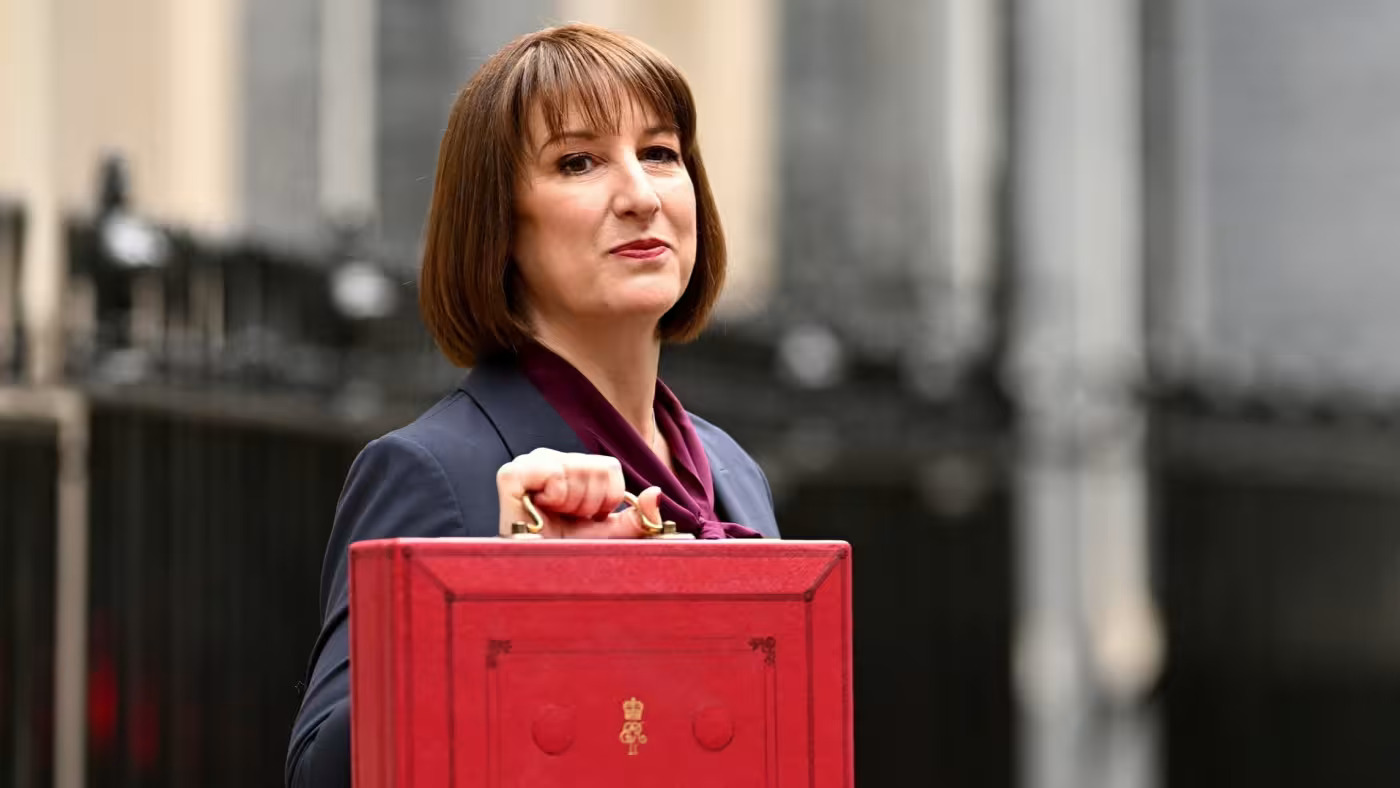Self Assessments are the biggest tax filing of the year for the self-employed. They’re HMRC’s way of calculating how much tax you need to pay on your yearly earnings.
If you’re new to the world of self-employment, or have never submitted a Self Assessment for Sole Traders before, you’ve come to the right place.
This guide will explain how to submit a Self Assessment as a Sole Trader, including how to register for the tax filing and which documents you need to keep a record of.
Do all Sole Traders need to file a Self Assessment?
You need to file a Self Assessment as a sole trader if any of the following conditions apply to you:
- You’re registered as a sole trader and have earned more than £1,000 (before tax).
- You’re in a business partnership.
- You have a total taxable income of more than £100,000.
- You have to pay the High Income Child Benefit Charge.
You’ll also need to file if you’ve earned any untaxed income, such as:
- Money from renting out a property.
- Any income you’ve raised from savings, investments, or dividends,
- Tips and commissions.
- Any foreign income.
Gov.uk offers a handy tool to check whether you need to file a Sole Trader Self Assessment if you’re in any doubt.
{{tax-guide}}
Do you need an accountant to file a Self Assessment for Sole Traders?
There’s no legal requirement forcing sole traders to submit their Self Assessment through an accountant. That said, we always recommend seeking professional advice.
Your Self Assessment is the most important tax filing as a Sole Trader; any inaccuracies could leave you paying more tax than necessary or saddle you with a hefty fine from HMRC. And that’s why accountants are worth their weight in gold.
These tax filings are their bread and butter; they’ve filed more of these things than most of us have had hot dinners. In fact, around 12 million people file a Self Assessment each year, with many of them submitted by professional accountants.
Here at Crunch, we offer Self Assessment filings as part of our paid Sole Trader accountancy package.
Which documents do you need to keep for a Sole Trader Self Assessment?
Whether you’re planning on compiling and submitting your Self Assessment yourself, or employing the services of an accountant, you need make sure you’re keeping accurate records across the tax year.
Here are the major documents you need to keep in order to file an accurate Sole Trader Self Assessment:
- Any information relating to sales and income.
- A record of every business expense you intend to claim.
- All VAT records, assuming you’re VAT registered.
- PAYE records, assuming you have employees.
- All personal income records.
- Records relating to the Self-Employed Income Support Scheme (SEISS), if you claimed this grant during the COVID-19 pandemic.
HMRC recommends that you keep a record of all these documents for at least five years after your last Self Assessment submission. As an example, all documents submitted for your January 2026 Self Assessment should be retained until January 2031.
Making Tax Digital changes are coming
HMRC is rolling out Making Tax Digital for Income Tax (MTD for ITSA), and it’s going to change the way Sole Traders (and landlords) report their tax.
From 6 April 2026, anyone earning more than £50,000 a year will need to keep digital records and submit quarterly updates using software that works with MTD (like Crunch!). The following year, in April 2027, the threshold drops to £30,000, so more Sole Traders (and landlords) will need to do the same.
Instead of just doing your Self Assessment once a year, you’ll be sending smaller updates throughout the year, then a final declaration at the end. Even if this doesn’t apply to you yet, it’s worth getting your records in order now, it’ll make life a lot easier when MTD kicks in.
How to register for Self Assessment as a Sole Trader
Sole traders need to be registered for Self Assessment by 5th October. If you’ve already registered for a Self Assessment for a previous tax year, you don’t need to register again.
You can register for Self Assessment on the gov.uk website.
How to file a Sole Trader Self Assessment
Your Self Assessment can be submitted online via the gov.uk website. If you don’t already have one, you’ll need to sign up for a Government Gateway account before you can submit.
Alternatively, you can get your accountant to file your Self Assessment on your behalf.
Tips for submitting an accurate Sole Trader Self Assessment
If you’re filing your first Self Assessment as a Sole Trader, or if you didn’t have the smoothest submission last time out, here are a couple of tried-and-true tips to help make this year’s filing the best yet.
Practise good bookkeeping
Bookkeeping is the key to a successful Self Assessment. You need to get into a routine that you can stick to; daily, weekly, monthly, the choice is yours.
Carve out some time to organise and back-up your receipts, then stick to that routine, no matter what. You’ll thank yourself later.
Get online accounting software
As part of HMRC’s Making Tax Digital initiative, you’re legally required to file certain taxes, and store certain records digitally. It’s best to get into the habit of uploading and storing your receipts to a digital platform (like Crunch!) as soon as possible.
Besides the legal concerns, managing your bookkeeping with online accounting software makes the process much easier. So long as you stick to your bookkeeping routine, sole trader accounting software makes jobs like locating receipts and Bank Reconciliation a breeze come Self Assessment season.
Back up your receipts
You need to keep digital records of all your receipts and expenses, but don’t assume that one is enough; always make sure you have a back-up available, whether physically or on a separate USB, hard drive, or computer folder.
Bookkeeping software is designed to be robust and secure, so the odds of your digital records getting lost or compromised are extremely low, but when it comes to bookkeeping, it’s always better to be safe than sorry.
We explore these topics in more detail in our ‘How To Organise And Maintain Your Tax Receipts’ article.
{{cta-sole-trader-crunchone}}
When should you file a Sole Trader Self Assessment?
The Self Assessment deadline is January 31st each year. If you miss that deadline, you’ll be subject to a late filing penalty. You’ll be subject to further fines if you don’t file as soon as possible, which we document in more detail in our fines and penalties article.
The earliest you can file your Self Assessment is April 7th – one day after the new tax year. While we don’t expect anyone to be that organised, we would recommend filing your Self Assessment as early as possible to avoid any concerns in January.
How Crunch can help
If you’re interested in employing the services of a professional accountant to manage your Sole Trader Self Assessment for you, talk to Crunch!
When you sign up to a Sole Traders accountancy package, your first Self Assessment submission with us is completely free of charge. From then on, we can take the stress and complexity of Self Assessment submission of your hands. And did you know that accountancy fees are claimable expenses? This is just one way we can help you reduce your tax bill! Our Chartered certified accountants will always make sure that you're being as tax efficient as possible so that you keep more of your hard-earned money.
For more information, head over to our Pricing page, or give one of our friendly experts a call for a free consultation.

.svg)



.webp)










.avif)




